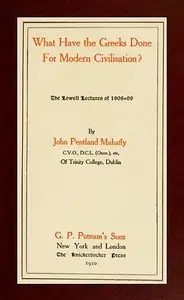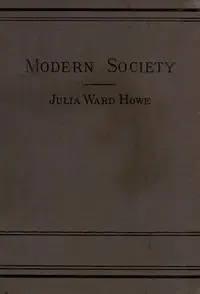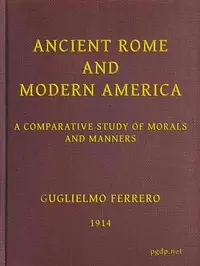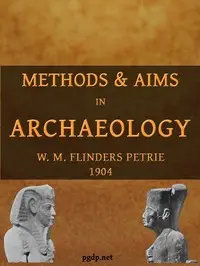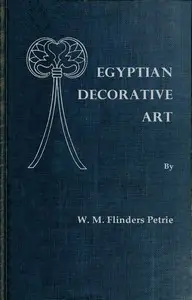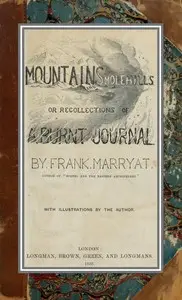"Janus in Modern Life" by W. M. Flinders Petrie is a thought-provoking look at how societies work, especially in the early 1900s. Using the image of Janus, the Roman god of beginnings who has two faces, the book explains the importance of using lessons from history to develop better governments and communities. It talks about how people's character affects politics, the impact of worker groups, and how society's values change with money and rules. The book argues that understanding the past is key to shaping a better future and that the character of a society's people directly influences its government. It suggests that problems like a lack of flexibility come from these character issues, emphasizing the need to value history for improving society.

Janus in Modern Life
By W. M. Flinders (William Matthew Flinders) Petrie
Look back to the past to understand why society is the way it is today and how to make our future better.
Summary
About the AuthorSir William Matthew Flinders Petrie, commonly known as simply Sir Flinders Petrie, was a British Egyptologist and a pioneer of systematic methodology in archaeology and the preservation of artefacts. He held the first chair of Egyptology in the United Kingdom, and excavated many of the most important archaeological sites in Egypt in conjunction with his wife, Hilda Urlin. Some consider his most famous discovery to be that of the Merneptah Stele, an opinion with which Petrie himself concurred. Undoubtedly at least as important is his 1905 discovery and correct identification of the character of the Proto-Sinaitic script, the ancestor of almost all alphabetic scripts.
Sir William Matthew Flinders Petrie, commonly known as simply Sir Flinders Petrie, was a British Egyptologist and a pioneer of systematic methodology in archaeology and the preservation of artefacts. He held the first chair of Egyptology in the United Kingdom, and excavated many of the most important archaeological sites in Egypt in conjunction with his wife, Hilda Urlin. Some consider his most famous discovery to be that of the Merneptah Stele, an opinion with which Petrie himself concurred. Undoubtedly at least as important is his 1905 discovery and correct identification of the character of the Proto-Sinaitic script, the ancestor of almost all alphabetic scripts.



